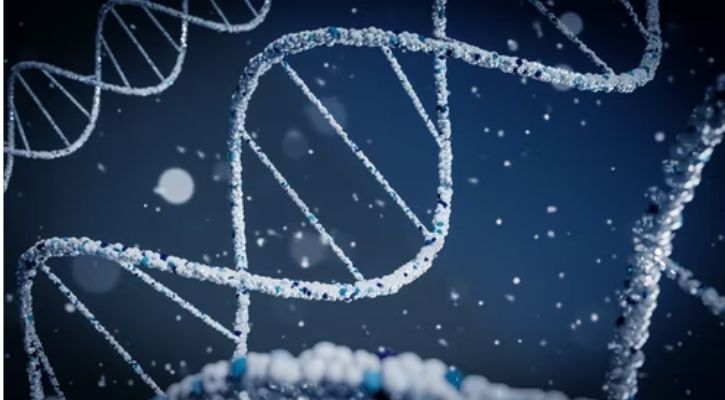Tired of your conventional storage methods like hard drives and external USBs? Looks like it's time for all of us to switch... to DNA-based data storage? A start-up from Boston named "Catalog" is attempting to do the unimaginable by developing a data storage platform using synthetic DNA.
Co-founded by Hyunjun Park, Catalog is trying to develop DNA-based storage methods that save energy, are reasonably priced, and offer a more secure way to store data using synthetic DNA. Conventional storage methods like pen drives and hard drives consume a lot of energy to process data and are also vulnerable to security issue owing to limited storage space.
Today, Catalog announced that it had secured a $35 million Series B round funding to keep developing its synthetic DNA-based storage and computation tools.
Funding means good news for DNA tech development
Catalog's CEO Hyunjun Park told TechCrunch that the Series B funding was led by Hanwha Impact from South Korea, with assistance from Hong Kong's Li Ka-Shing's Horizon Ventures, an existing investor.
The current round of funding is expected to be used to improve the pace of technology development, with Catalog's DNA-based computing platform in focus. The platform will allow management of data, computation of data, and even automation!
With this round of funding, the company has managed to raise $60 million, according to a TechCrunch estimate. In 2020, $10 million were raised as part of Series A round led by Horizons Ventures. In 2018, the seed round fetched $9 million.
DNA storage has multiple uses
DNA storage is not a new idea. In fact, researchers have been working on perfecting it for a few years now. Catalog has developed a custom DNA writer named "Shannon", which is capable of tackling thousands of chemical reactions each second. At full capacity, Shannon can write data at speeds of 10 megabytes per second.
It doesn't appear that the tech will be commercially available anytime soon. For starters, the DNA data storage may be used to detect fraud especially in the economic sector and processing images to find defects while manufacturing among an array of uses.
Bharat Sharma
https://www.indiatimes.com/technology/news/dna-based-storage-frameworks-550659.html

Comentários
Enviar um comentário